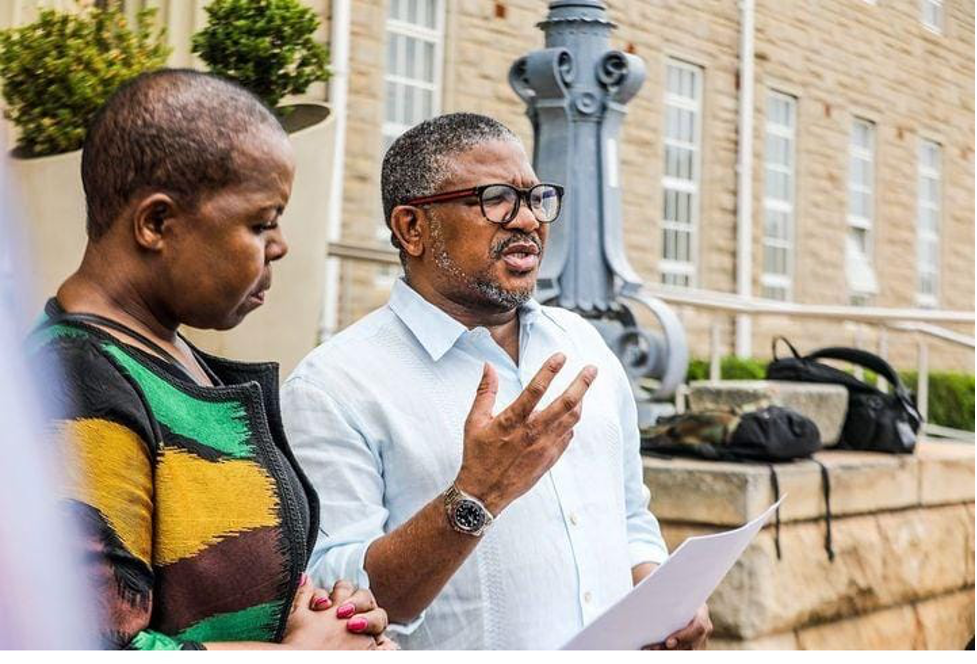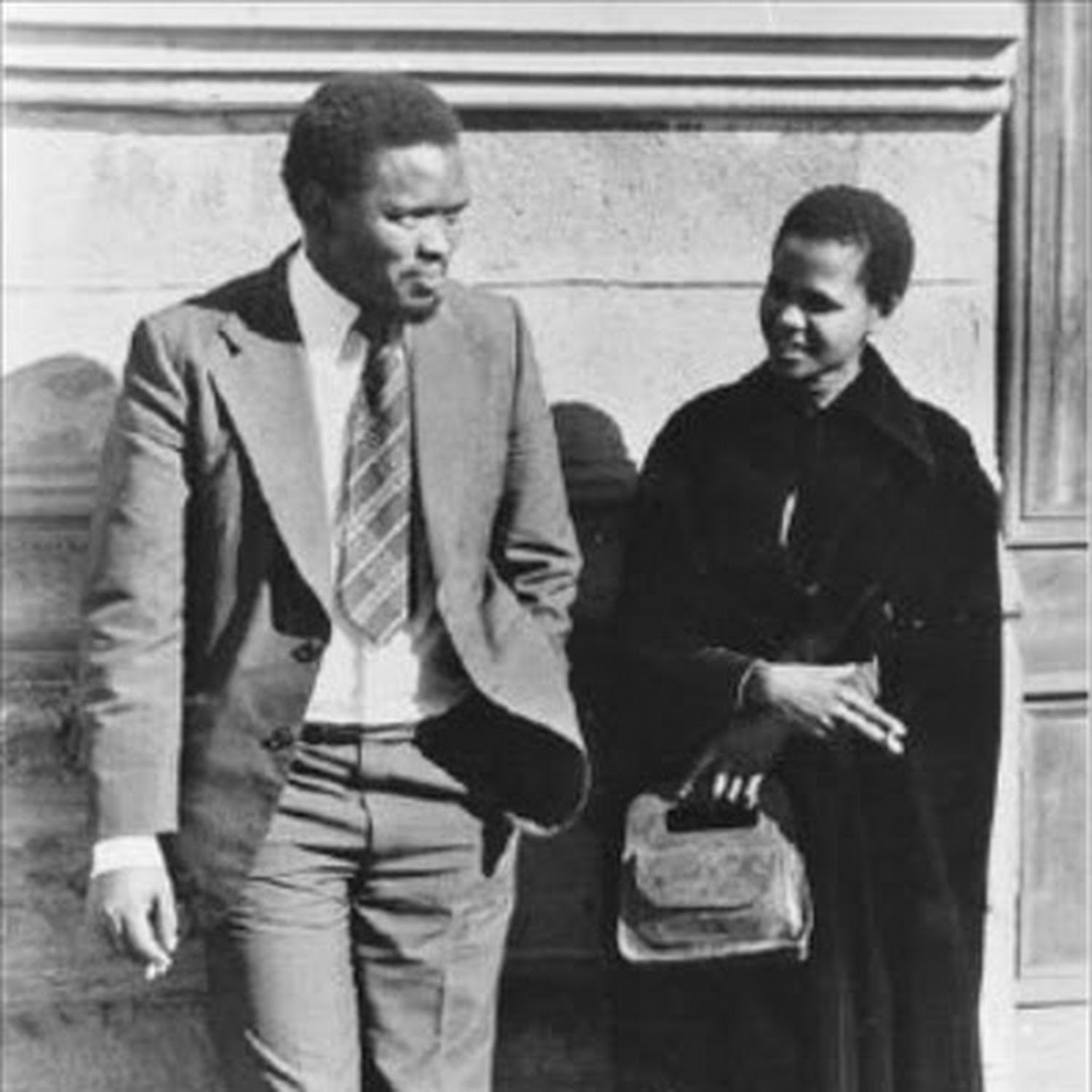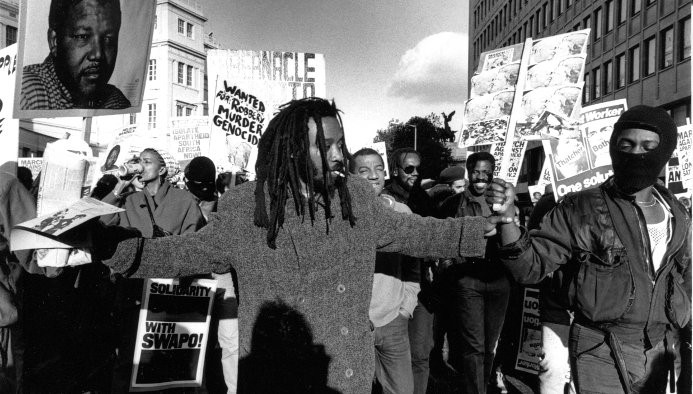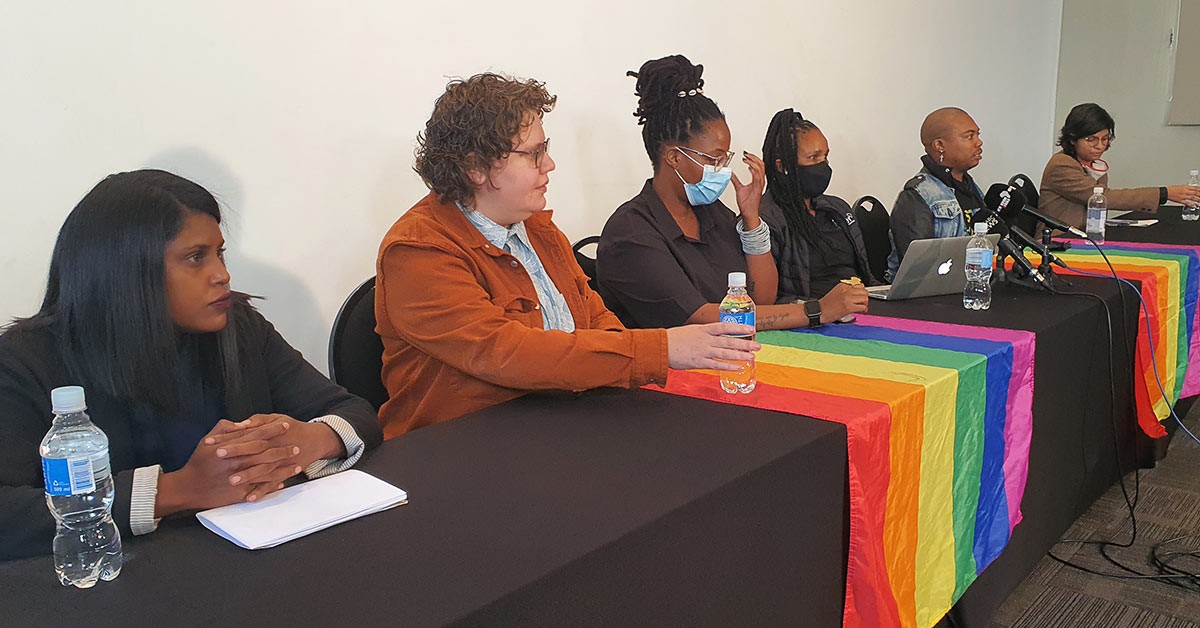Recently, the video in which the minister of Transport and Secretary General of the African National Congress (ANC), Fikile Mbalula had a slip of the tongue went viral. In the video, Fikile Mbalula is heard saying: “People must go to school and children must go to work”. The focus on the slip- of- the tongue drowned the point that Mbalula sought to make concerning the national shutdown planned by the Economic Freedom Fighters (EFF).
This is redolent of the 2019 incident in which the then Minister of Transport, Dr Blade Nzimande misspoke in an interview on the introduction of a breathalyzer that can tell in ten minutes if there was alcohol in the blood of the person being tested. “The new breathalyzer will test the blood in your alcohol,” stated Nzimande. While some on Twitter were understanding about the negligible slip-up in speech, some tweeps used this to poke fun at Nzimande. The essence of what the Minister sought to convey was drowned, as an otherwise serious message was turned into a joke on social media.
A lot can be said about the shallowness of those who amplify a slip-up in a speech at the expense of drowning the essence of the message. An error in speech is normal and will occur from time to time. Nevertheless, leaders also have the onus to be extraordinarily present in person and virtually when engaged in public speaking. They must hone their public skills to reduce gaffes in their public talks and pronouncements. The inclination of most South African politicians to shout and rush through their speeches opens them up to the regularity of slip-ups in speech. Additionally, the tendency to veer off prepared notes, speak off the cuff and ventilate without thinking leads to reckless statements that often do more harm than good to whatever cause or message the speaker stands for. Such leaders miss the point that Political Communication is a significant factor in corporate, public and political leadership.
The way corporate, public and political institutions and leaders communicate their message about their agendas, programmes and perspectives on issues can either be a turn-on, turn-off or distraction to the message they seek to put across. The purpose of political communication is to directly transmit content to specific recipients such as decision-makers, the media, citizens, constituencies or voters. Thus, communicators of a political message must ensure that there is minimum distortion and distraction to their message. South African corporate, public and political leaders need to understand that it is the level of the argument rather than the volume of the speech that matters. They must get rid of yelling, preaching and sprinting in their speeches in favour of measured and deliberate conversations, allowing for moments of pause and silence and a time for emotional responses and reflections.
As Tanmay Nadgve states, leaders who can deliver well-thought-out, resonating speeches achieve instant recognition and add momentum to further their purpose and help others achieve theirs. This means that leaders must approach political communication as a systematic, methodical and thoughtful process that is informed by the basic decorum and skills of communication and by organizational culture. Leaders should plan and think through their speeches and whatever public pronouncements they are going to make. Furthermore, leaders have to ensure, safeguard and guarantee the clarity, consistency, credibility and coherence of their message. This can be achieved through thorough research, in-depth consultation, peer support and mutual advice across the organization, and by avoiding overstatements and overestimations and refraining from conjectures, unfounded allegations and innuendos. This would help to avoid and reduce unorganised, impulsive and spur-of-the-moment, non-factual or irresponsible or insensitive statements and personal outbursts.
Effective political communication requires approaching public speaking with a focus on the message and how to deliver the message and not on how one looks and sounds. Importantly, political communicators must adopt a conversational rather than performative approach to communicating or responding to a political message. This means that the leaders must focus on having a conversation with the audience instead of grandstanding. This implies that political communicators must speak and act as statesmen and people’s servants rather than as celebrities, personalities and preachers. In addition to playing to the gallery, one of the barriers to effective political communication and public speaking is lengthy speeches. What most of our political communicators forget is that “brevity is the soul of wit”. The penchant for long-winded rambling results in talks that lack the most important element of effective communication- being clear, concise and consistent. There is a need for public leaders in South Africa to improve their political communication skills.
*Mphutlane wa Bofelo is the training coordinator in the Public Servants Association of South Africa (PSA). He writes in his personal capacity.






















